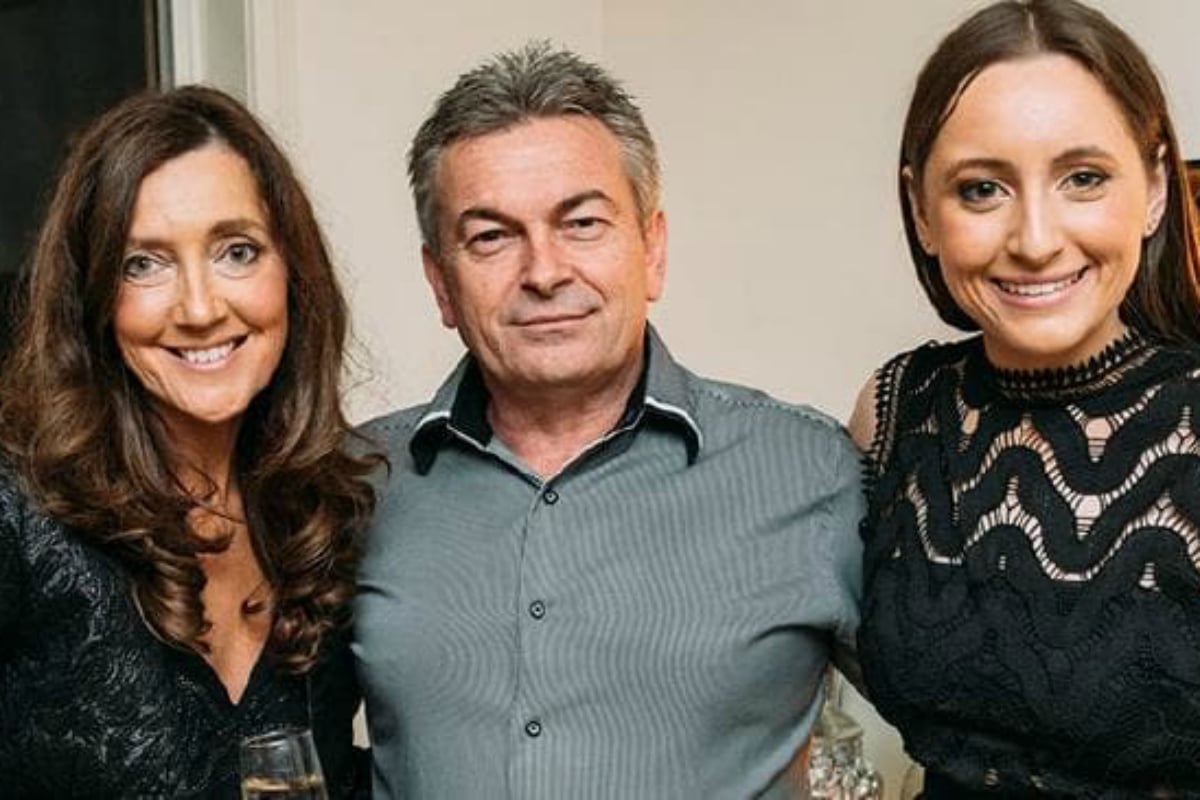
In under five years time, convicted killer Borce Ristevski could walk free from prison.
He was sentenced last week to nine years in jail with a non-parole term of six years. With time served, he could be out in less than five.
His wife Karen Ristevski, 47, vanished from her Avondale Heights home in July 2016 after the pair had an argument about money.
Mamamia’s daily news podcast The Quicky speaks to Channel Nine court reporter Eliza Rugg about why Karen Ristevski’s life was only worth nine years. Post continues below audio.
Eight months later, her skeletal remains were found in a shallow grave in the Victorian bush. Her body was so decomposed that it could not be determined how she died.
Her husband had always been the prime suspect in her murder, a fact he continuously and vehemently denied for two years, lying to police, family, friends and his own daughter, until the eve of his high profile murder trial.
Last month, he pleaded guilty to manslaughter, finally admitting what so many had long suspected – he had killed his wife.
9News court reporter Eliza Rugg told Mamamia‘s daily news podcast The Quicky that Borce had offered to plead guilty to a lesser charge of manslaughter as early as last year, but his was not public knowledge.
Despite the many aggravating factors, Justice Christopher Beale ruled that Borce’s conduct following the disappearance of his wife was not enough to prove murderous intent.
Following Karen’s disappearance, Police had tapped Borce’s phone. During conversations with his daughter Sarah, Borce was critical of the police investigation and said “they don’t give a f***”.
The court heard how he knew his mobile phone was tapped and was trying to get Sarah’s boyfriend to obtain new SIM cards. He changed his phone number twice.

Top Comments
I think he should have had an extra sentence attached BECAUSE he had gone to such lengths to hide her body and mislead/interfere with the investigation. Our laws need a massive overhaul! Women in particular just seem to be cannon fodder these days ...
If he had gone to trial that probably would have meant more.
While I agree the laws need an overhaul there is almost no difference in the sentencing outcomes (on average) between killing a man or a woman.
Yeah, a good father and a good husband.
Except for that one small instance when he murdered his wife and the mother of his child.